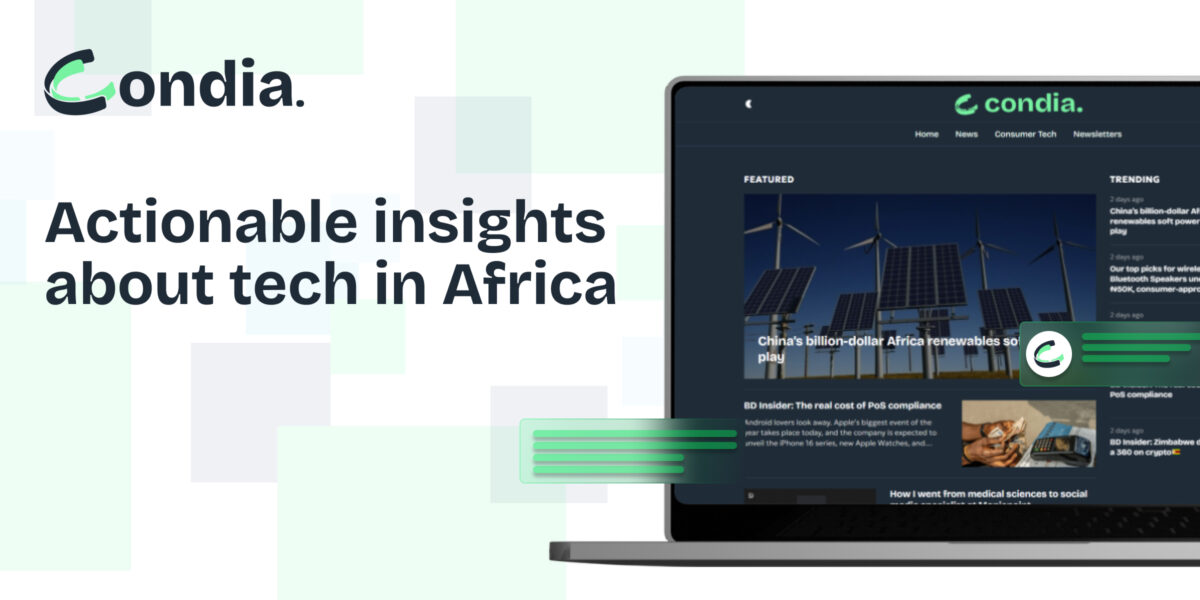d.light secures nearly $1 billion in financing to expand solar access across Africa
Solar energy financing in Africa has reached a new milestone. d.light, a pioneering solar energy company founded at Stanford University, has significantly expanded its receivables financing facility, unlocking over $300 million in new capital to purchase consumer receivables. This brings the company’s total securitized financing capacity to an impressive $842 million across five facilities, positioning d.light as one of the most well-capitalized players in Africa’s off-grid energy sector.
With this expansion, d.light now commands nearly $1 billion in financing firepower—a transformative sum aimed at accelerating the distribution of solar home systems to underserved communities in Kenya, Uganda, Tanzania, and Nigeria.
The expanded facility, branded “Brighter Life by d.light” (BLd), is designed to reach 10 million people over the next two years using d.light’s innovative Pay-As-You-Go (PayGo) model. This model allows low-income households—many of whom earn less than $5 per day—to access solar energy through micro-payments as low as $2 per week, instead of paying $200 upfront for a full system.
Nedjip Tozun, CEO of d.light, commented:
The expansion of BLd marks a pivotal moment in our journey to provide affordable solar energy to millions. Securitization has been a crucial innovation that has allowed us to scale our consumer financing offering, unlocking affordability and enabling us to reach more households, improve livelihoods, and contribute to a sustainable future.
One of the standout features of the BLd facility is its multi-currency structure, which helps mitigate currency risk—a major challenge for companies operating across diverse African markets. This allows d.light to offer consistent pricing and financing terms whether customers are in Nairobi, Kampala, or Dar es Salaam, making the model more resilient and scalable.
d.light’s financing model has already demonstrated strong performance. In February 2024, its $110 million Brighter Life Kenya 1 Limited facility became the first in the off-grid solar sector to fully repay its senior debt ahead of schedule, using internally generated cash flows. This milestone proves that customers are reliably repaying their loans and that the business model is both sustainable and investable.
Since its founding in 2007, d.light has sold over 40 million solar products, impacting more than 200 million lives. The company’s success shows that the so-called “bottom of the pyramid” can be a viable and profitable market when approached with the right tools and mindset.
The latest funding round was led by Mirova, a Paris-based sustainable investment firm, and arranged by African Frontier Capital. Both partners emphasized their confidence in d.light’s ability to deliver both financial returns and social impact.
“Mirova is proud to continue supporting d.light in their mission to provide clean energy for all,” said Rim Azirar, Deputy Head of Emerging Markets Energy Transition at Mirova. “This expansion of BLd highlights the effectiveness of securitisation vehicles in scaling financing for solar home systems.”
Eric De Moudt, CEO of African Frontier Capital, added: “The success of BLd demonstrates the effectiveness of innovative financing models in driving social impact. We are proud to continue our partnership with d.light.”
d.light’s securitisation model is more than just a financing tool for solar—it’s a blueprint for unlocking consumer financing in Africa’s informal economy. By bundling thousands of small PayGo loans into investment-grade securities, d.light has created a bridge between global capital markets and underserved African consumers.
This model could be replicated across other sectors—from smartphones to agricultural equipment—provided companies can match d.light’s operational discipline and repayment performance.
With nearly $1 billion in financing capacity and a proven ability to deliver results, d.light is no longer just a solar company. It is emerging as a financial services innovator, using energy as a gateway to broader economic empowerment. In Africa’s rapidly evolving fintech and energy landscape, that distinction could prove to be its most powerful asset.









